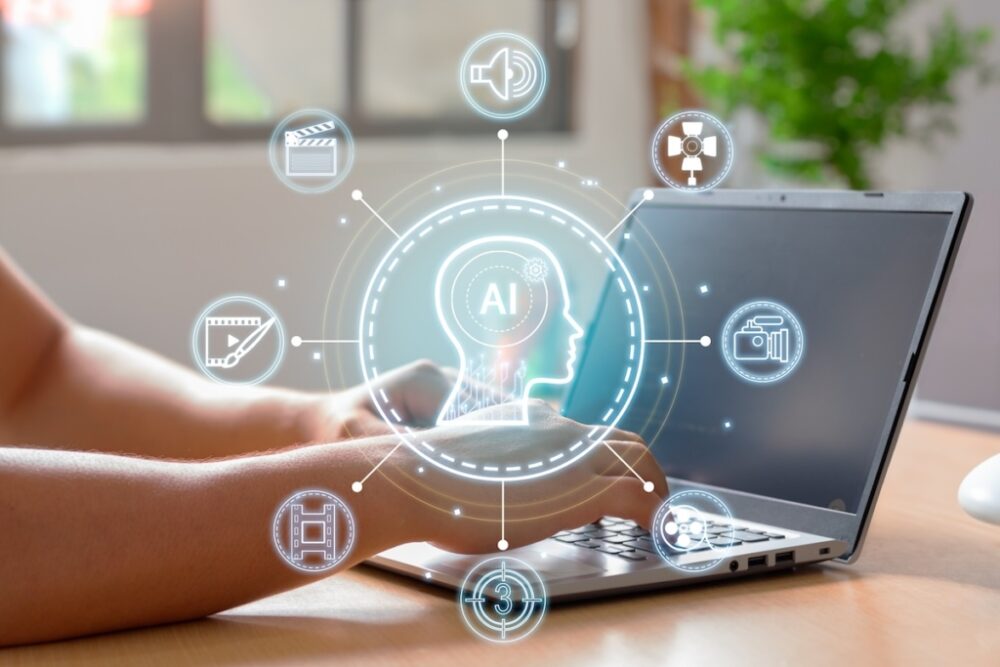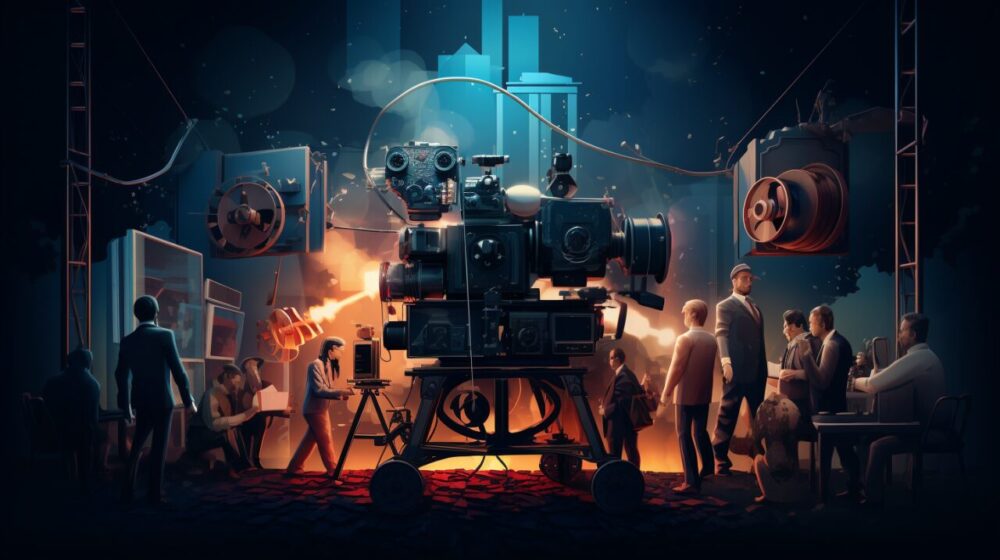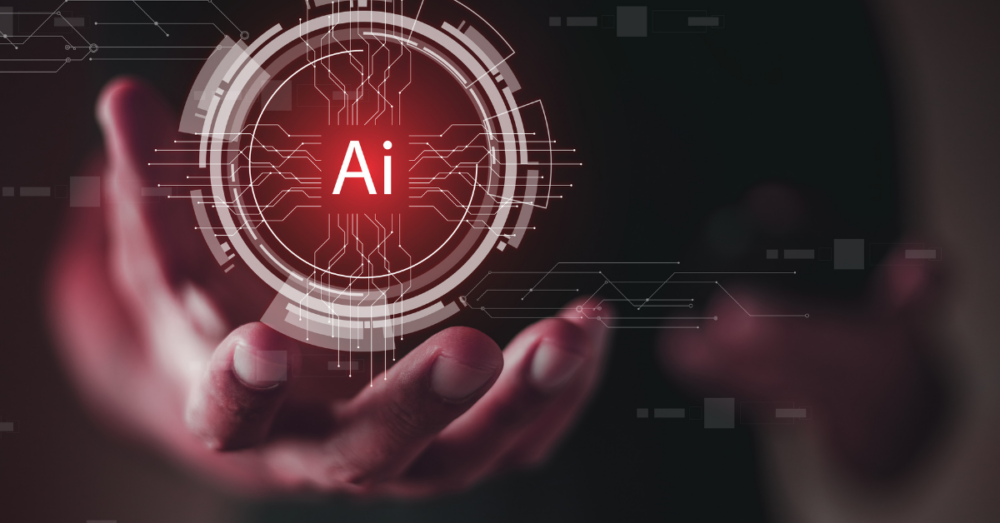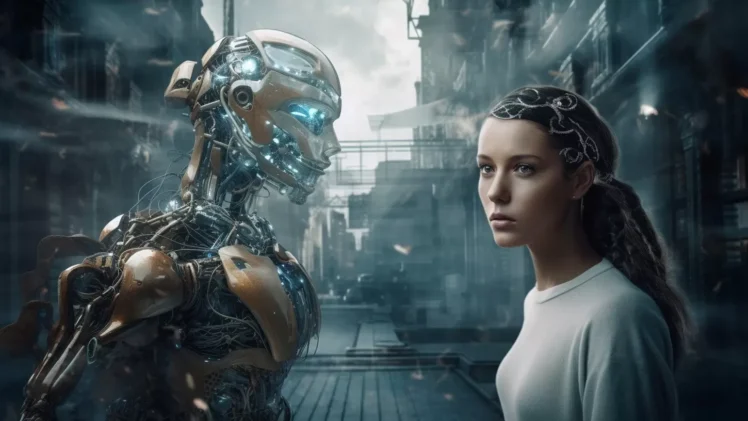Artificial Intelligence (AI) is transforming filmmaking, altering how movies are made and experienced. This technology streamlines production, enhances creativity, and opens new possibilities.
Streamlining Production Processes

Source: femtechinsider.com
AI significantly speeds up film production, with technologies like Deep Brain playing a pivotal role. For instance, algorithms, such as those developed by Deep Brain, can quickly sift through vast footage, expertly selecting the best shots. This capability dramatically reduces editing time and costs, streamlining the post-production process. Additionally, Deep Brain’s advanced AI extends its utility to scriptwriting. Analyzing patterns in successful movies can suggest plot improvements and narrative enhancements. This application of AI not only accelerates production timelines but also aids in elevating the quality of the storytelling, ensuring that scripts are more engaging and resonant with audiences.
Enhancing Creative Potential
Filmmaking’s creative aspect is impacted by Artificial Intelligence. It assists producers in customizing material to the tastes of viewers by examining audience patterns and preferences. Furthermore, the limits of what filmmakers can depict are being pushed by AI-generated visuals and visual effects, which are opening up new visual narrative possibilities.
AI in Visual Effects and Animation

With its unparalleled powers and efficiency, artificial intelligence is revolutionizing the visual effects and animation industries. Artificial intelligence algorithms can produce incredibly realistic and detailed visual effects settings, negating the need for costly and time-consuming physical sets. Filmmakers may now recreate intricate sequences that would be difficult or impossible to execute without the use of this technology. Furthermore, AI makes it easier to create lifelike computer-generated imagery (CGI) characters that smoothly integrate with real-world video, improving the visual narrative and realism of movies.
In the realm of animation, AI is proving to be a game-changer. It automates labor-intensive tasks like lip-syncing and generating facial expressions, allowing animators to devote more time to the creative aspects of their work. This not only speeds up the animation process but also enhances the quality and expressiveness of the characters. These tools are being used to generate realistic textures, lighting, and environmental effects, giving animated films a more authentic and captivating appearance.
AI’s Role in Personalizing Viewer Experience

Source: emeritus.org
How viewers consume films and other media is changing as a result of AI’s role in personalising the viewing experience. AI systems can customize content recommendations to individual preferences by analyzing large volumes of viewing data. AI is used by platforms such as Netflix to search through their vast collections and recommend films and TV shows based on a user’s previous watching preferences. With a more tailored approach, viewers are more likely to find information that speaks to them, which improves user experience and boosts engagement and happiness.
Beyond content recommendations, AI is instrumental in creating interactive and immersive film experiences. Through AI-driven platforms, viewers can influence the narrative of a story, leading to a more engaging and personalized viewing experience. This technology blurs the line between traditional film viewing and interactive gaming, providing a unique, user-centric form of entertainment that adapts to individual choices and preferences.
Conclusion: The Future of Filmmaking with AI
Filmmaking with AI technology is a revolution, not only a fad. It improves creativity, expedites production, and customizes the viewing experience. AI’s influence on the film business will only increase as it develops, influencing how films are made in the future.






